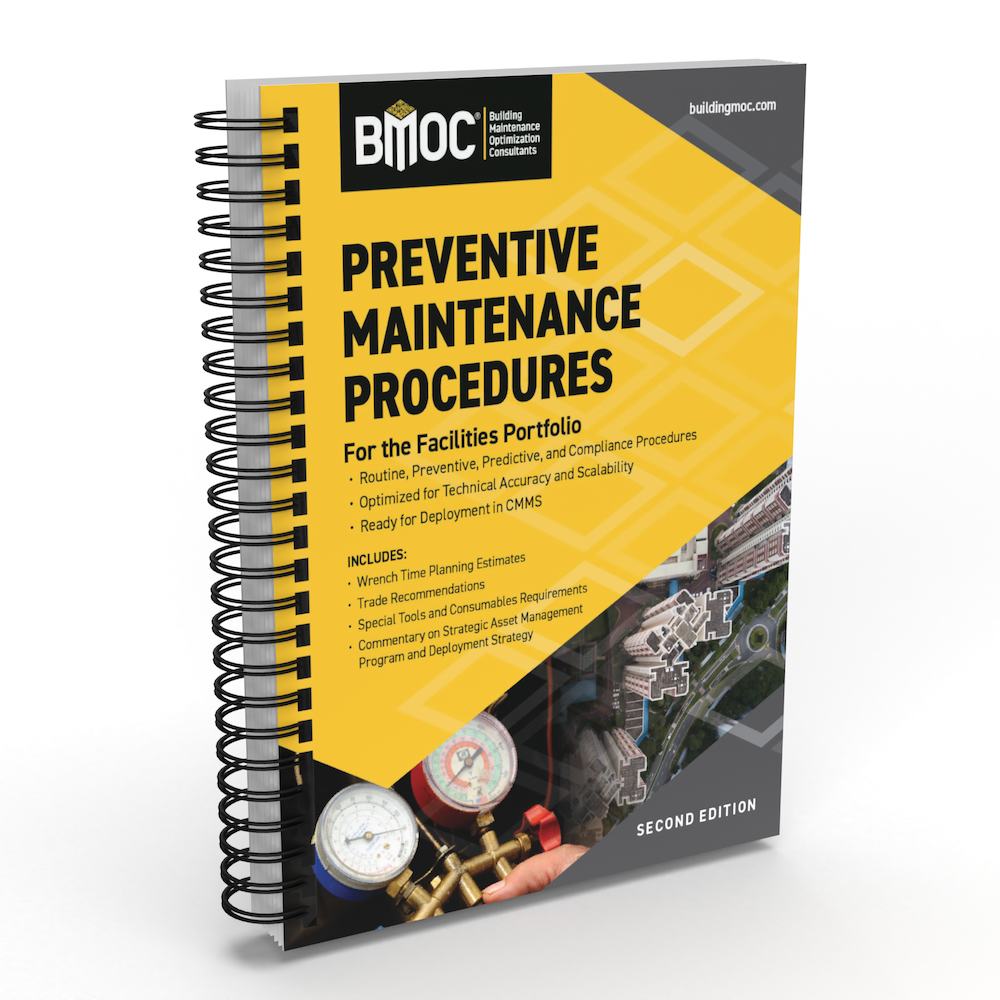ALEXANDRIA, Va. – Insulation Contractors Association of America (ICAA) endorsed the SAVE Act, a bipartisan effort to encourage homeowners to install greater levels of insulation and other energy-saving measures, thereby invigorating home construction and renovation.
Introduced last fall by Senators Michael Bennet (D-CO) and Johnny Isakson (R-GA), the SAVE (Sensible Accounting to Value Energy) Act would instruct federal loan agencies and the Department of Housing and Urban Development to create a new appraisal process that reflects actual home energy costs, creating higher demand for energy efficient homes at zero-dollars fiscal impact. The SAVE Act has been endorsed by a broad-based coalition of business, energy, and environmental advocates, from the U.S. Chamber of Commerce and National Association of Manufacturers to the Green Builders Council and the Natural Resources Defense Council.
“The livelihood of contractors all across the country depends on greater use of insulation, so we’re delighted that Senators Bennet and Isakson have taken the lead on this important issue,” said ICAA President Kevin Kinzler. “The SAVE Act would be great for job creation, great for energy savings, and great in reducing costly utility bills.”
A recent study conducted by the American Council for an Energy Efficient-Economy (ACEEE) and the Institute for Market Transformation (IMT) estimates that the SAVE Act would generate 83,000 jobs and $1.1 billion in consumer utility bill savings by the year 2020.
“Streamlining federal energy efficiency home loan practices is long overdue. The home construction and renovation sectors have been flat on their back. Initiatives like the SAVE Act can help revive them. We urge Republicans and Democrats on both sides of Capitol Hill to make the SAVE Act law in this Congress,” ICAA Executive Director Michael Kwart said.
Bennet-Isakson’s SAVE Act is designed to:
• Put people in the construction and manufacturing sectors back to work building and refurbishing energy-efficient homes;
• Accelerate the demand for energy-efficient homes;
• Provide a quick financial return to homebuyers for the cost of their home energy efficiency improvements;
• Enable builders and homeowners to invest in energy-saving features;
• Increase energy security and decrease emissions.
For more information, www.insulate.org.





